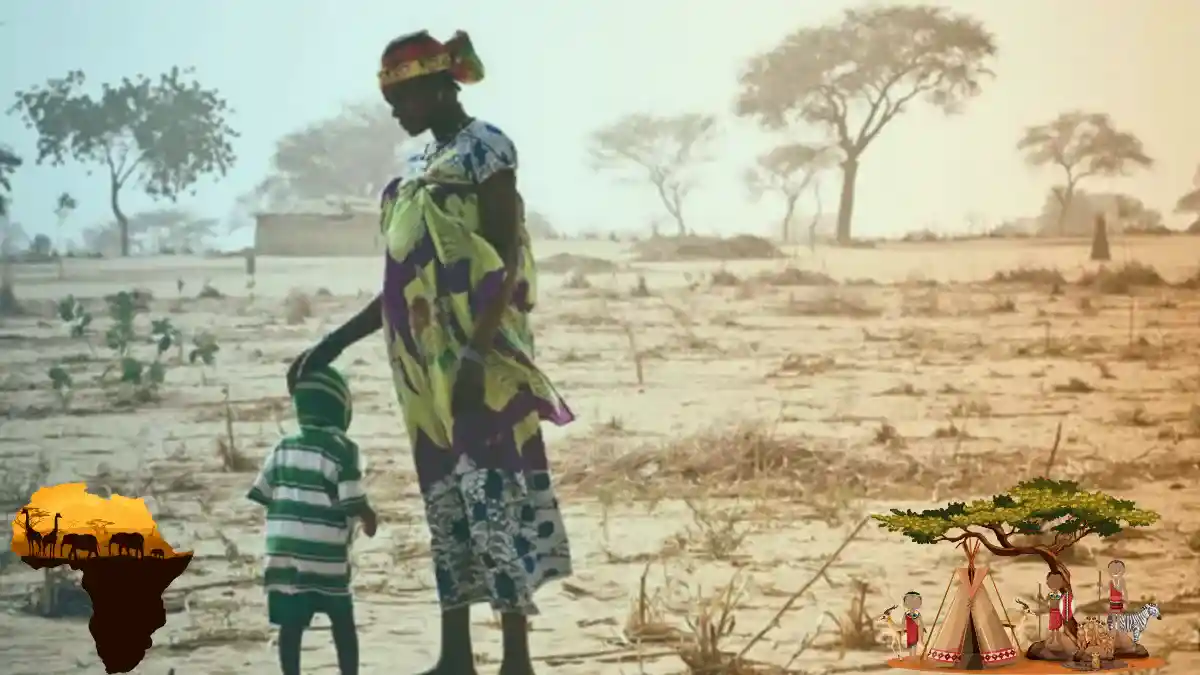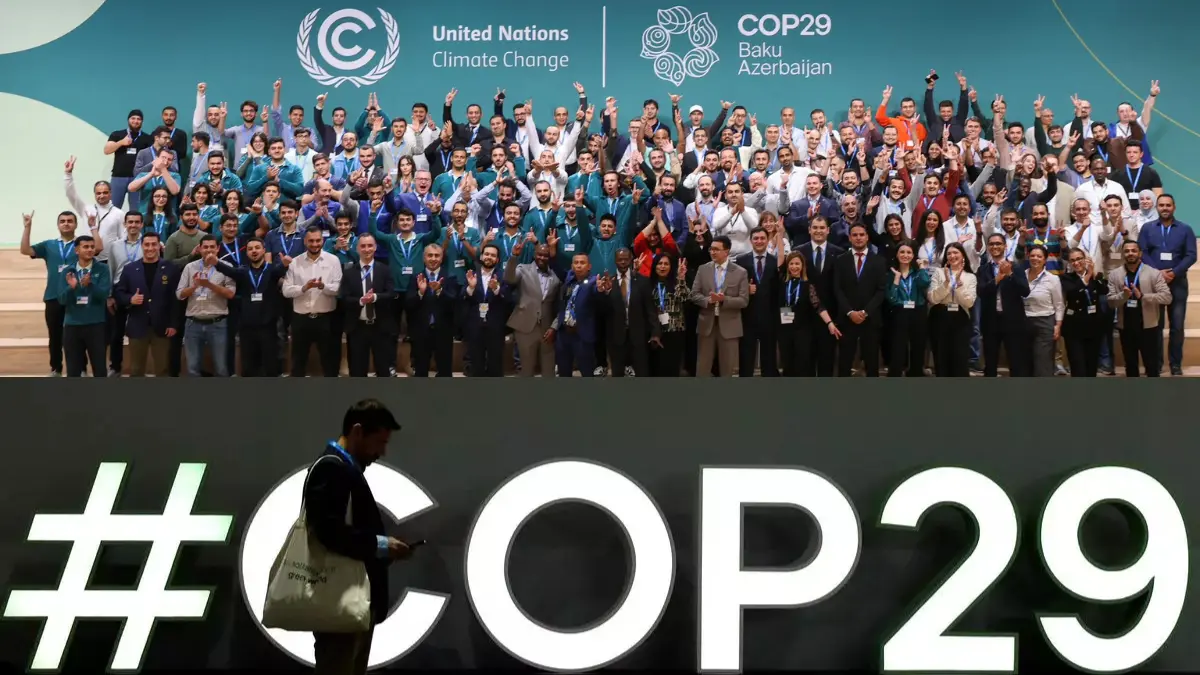
A stark reminder of the severe cost implications of climate change for Africa. Recent reports from the African Climate Policy Centre at the United Nations Economic Commission for Africa (UNECA) highlight the significant financial strain that climate change is placing on African nations. Despite contributing only a small fraction of global greenhouse gas emissions, Africa faces disproportionate impacts from climate-related disasters. These events are not only a human tragedy but also pose a substantial economic burden, forcing countries to divert resources from other critical areas to address the growing crisis.
Understanding the Disproportionate Impact on Africa
It’s essential to recognize that Africa’s role in global emissions is minimal, accounting for only about 3-4% of the total greenhouse gases released into the atmosphere. However, the continent is one of the most vulnerable to the effects of climate change. Severe droughts, devastating floods, and unpredictable tropical storms are becoming more frequent, causing widespread displacement, loss of life, and destruction of property. For instance, East Africa is currently facing its worst drought in 40 years, leading to the displacement of millions and tens of thousands of deaths.
These environmental catastrophes severely affect the livelihoods of many African communities, particularly those reliant on agriculture and fishing, which are directly impacted by changing weather patterns and extreme events. The cost of these disasters goes beyond immediate relief efforts; they also hinder long-term development and economic stability, making it harder for countries to recover and grow.
The Financial Strain on National Budgets
The financial implications of climate change for Africa are immense. Reports indicate that climate change is already costing African countries between 2% to 9% of their national budgets. These funds, which could have been invested in essential sectors like health, education, and infrastructure, are instead being redirected towards climate mitigation and adaptation efforts. This diversion of resources places an additional strain on already limited budgets, hindering the ability of these countries to develop and improve living standards for their citizens.
Moreover, the financial burden is compounded by the high cost of borrowing that many African nations face. Interest rates for these countries can be five to eight times higher than those for wealthier nations, making it even more challenging to finance necessary climate resilience projects. This situation creates a vicious cycle where countries are forced to take on more debt to cope with climate impacts, further limiting their capacity to invest in sustainable development.
Why International Support is Crucial
The disproportionate impact of climate change on Africa, coupled with the high financial costs, underscores the urgent need for international support. African nations cannot bear the brunt of climate change alone, especially when they have contributed so little to the problem. The global community must step up to provide more equitable financing mechanisms to help these countries adapt to and mitigate the effects of climate change.
International support can take various forms, from direct financial assistance to technology transfer and capacity building. Developing countries, particularly those in Africa, need access to affordable financing to implement climate resilience projects, such as building flood defenses, improving water management, and transitioning to renewable energy sources. Moreover, there is a need for fairer terms of trade and debt relief to ensure that these nations can focus on sustainable development rather than being trapped in a cycle of debt and disaster recovery.
The Call for Robust and Equitable Climate Policies
Given the significant challenges posed by climate change, it is evident that more robust and equitable climate policies are necessary. These policies should not only focus on reducing global emissions but also on supporting vulnerable nations in their adaptation efforts. This includes fulfilling commitments made under international agreements like the Paris Accord, where developed nations pledged to provide $100 billion annually to assist developing countries in tackling climate change.
It is also vital for African countries to develop innovative growth models that incorporate climate resilience. This can include adopting sustainable agricultural practices, investing in renewable energy, and improving urban planning to reduce vulnerability to climate-related disasters. By focusing on sustainability, African nations can work towards a future where they are better equipped to handle the impacts of climate change, while also promoting economic growth and social development.
Moving Forward: A Collective Effort Required
As we look ahead, it is clear that addressing the cost implications of climate change for Africa requires a collective effort. Governments, international organizations, private sectors, and civil society must work together to develop and implement strategies that are not only effective but also fair. This means recognizing the unique challenges faced by African nations and providing the necessary support to help them build a sustainable future.
Climate change is a global issue that affects us all, but its impacts are not felt equally. For Africa, the cost of inaction is far too high, both in terms of human suffering and economic loss. By working together, we can ensure that the continent has the resources and tools it needs to adapt to a changing climate and thrive in the years to come.
Conclusion: A Call to Action
In conclusion, the warning about the huge cost implications of climate change to Africa is a call to action for the global community. While African countries are doing their part to address the crisis, they cannot do it alone. It is time for developed nations to step up and provide the support that is so desperately needed. By doing so, we can help build a more resilient and equitable world, where all nations have the opportunity to thrive, regardless of the challenges posed by climate change.
Let’s remember that climate change is not just an environmental issue; it is a matter of justice and equity. The actions we take today will determine the future of millions across the globe. It is our collective responsibility to ensure that future generations inherit a world that is not only sustainable but also just.








